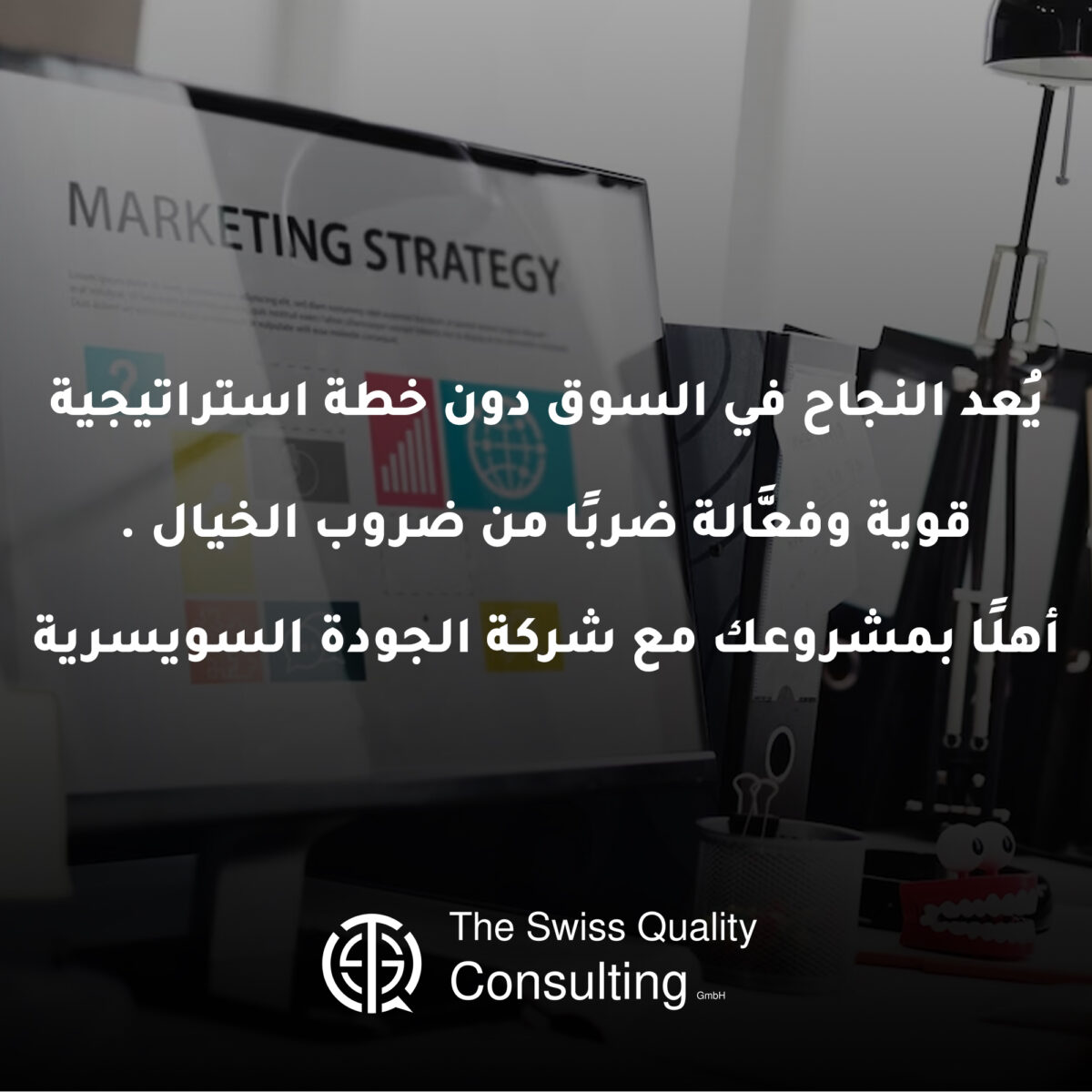Aren’t We All a Little Hybrid?”: Adapting to the Evolving Business Landscape
In response to the provocative question, “Aren’t we all a little hybrid?”, this article delves into the increasingly Hybrid Business Strategies nature of modern business practices. Targeted towards business executives, mid-level managers, and entrepreneurs, we explore the seamless integration of traditional and digital strategies, emphasizing the importance of change management, executive coaching, and effective communication in achieving business success.
Change Management in the Hybrid Business Strategies
The shift towards hybrid business models represents a fundamental transformation in the way companies operate, necessitating a dynamic and nuanced approach to change management. In this new era, businesses are not just incorporating digital tools into their traditional practices, but are fundamentally blending these elements to create a cohesive, hybrid model. This integration calls for strategies that are not only versatile but also tailored to accommodate the unique demands of both physical and virtual environments.
Change management in the context of hybrid business models extends beyond the adoption of technology. It encompasses a comprehensive reevaluation of business processes, communication methods, and organizational culture. Companies must reassess how tasks are allocated and executed across different platforms and environments, ensuring that there is a seamless flow of information and collaboration between in-person and remote teams.
One of the critical aspects of this change is ensuring that both in-person and remote aspects of the business are perfectly synchronized. This synchronization involves aligning team objectives, harmonizing communication channels, and creating a shared sense of purpose and culture. It is not just about ensuring that remote teams have access to the same information as their in-office counterparts, but also about fostering a work environment where all employees, regardless of their location, feel equally valued and involved.
Moreover, this shift requires a redefinition of leadership roles within the organization. Leaders and managers need to develop skills to effectively oversee hybrid teams, which may include adapting to new communication technologies, understanding the nuances of remote team dynamics, and fostering an inclusive culture that bridges the physical and digital divide.
Additionally, change management in a hybrid business model also involves addressing the challenges that come with this transition. These might include resistance to change from employees accustomed to traditional ways of working, technical challenges related to the integration of new digital tools, and maintaining the company’s ethos and culture in a dispersed work environment.
Executive Coaching for Hybrid Leadership
Executive coaching services have adapted to help leaders navigate the hybrid business world. Effective leadership in a hybrid model means being adept at managing remote teams, understanding digital tools, and fostering a cohesive company culture that bridges the physical and digital divide. Executive coaching now focuses on developing these hybrid leadership skills.
Effective Communication Across Diverse Platforms
Effective communication is critical in a hybrid business setup. With teams spread across different locations and time zones, clear and consistent communication becomes key to ensuring that everyone is aligned with the company’s goals and objectives. Utilizing a mix of digital and traditional communication methods is essential for reaching all members of an organization effectively.
Generative AI: A Tool for Hybrid Business Success
Generative Artificial Intelligence (AI) is playing a pivotal role in enhancing hybrid business models. AI technologies help in analyzing data from both digital and physical operations, providing insights that drive strategic decision-making. This integration of AI into hybrid models is proving to be a game-changer in terms of efficiency and innovation.
In conclusion, the modern business landscape is undeniably hybrid, blending traditional and digital strategies. By embracing this hybridity, businesses can leverage the best of both worlds, leading to enhanced flexibility, innovation, and overall success. The effective management of this hybrid model, through strategic change management, skilled leadership, and advanced technology, is the key to thriving in today’s dynamic business environment.
#HybridBusiness #ChangeManagement #ExecutiveCoaching #DigitalInnovation #GenerativeAI











